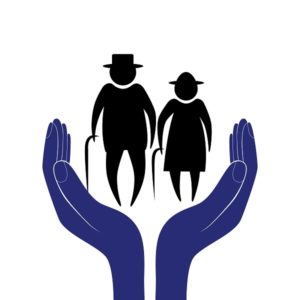Minnesota law defines “Elder Abuse” as the mistreatment, neglect, or exploitation of an older, vulnerable person. Such abuse usually takes place within the home or in a residential facility, and the perpetrator is often a relative or caretaker.
Elder abuse can appear in many forms:
• Physical Abuse: Inflicting or threatening physical pain or injury.
• Emotional Abuse: Inflicting mental pain, anguish or distress with words or behavior.
• Sexual Abuse: Nonconsensual sexual contact.
• Financial Exploitation: Improper use, misuse, or concealment of money, property, or assets.
• Neglect/Abandonment: Refusal or failure to take care of an elder by those responsible to provide food, shelter, health care or protection.
When an elder lives at home the person committing the abuse is sadly most often a trusted child, grandchild, caregiver (home health aide or nurse), friend, sibling, or other relative.
Elder abuse is also common in residential facilities. Whether it is a nursing home or an assisted living center, abuse can be committed by staff, or it can be committed by a trusted loved one.
Elder abuse is rampant because the elderly are a vulnerable population. It can happen anywhere from the street to the supermarket or even at the bank. Elders can be supremely easy to target for strangers, as well acquaintances and nefarious loved ones.
There are several factors that can increase the likelihood for an elder to be abused, such as:
• Living Alone: Being in isolation can increase an elder’s vulnerability because it is harder to ask for help; especially if the elder has an illness which makes mobility difficult.
• Illness/Cognitive Impairments: Elders often are unaware that they have been victimized due to their memory and/or cognitive problems.
• Partner Violence: This can be sexual and/or physical abuse. If one partner has more control over the other, which can include financial, it is difficult to discover.
• Signs of a Perpetrator: Perpetrators are often those dependent on their victims for financial assistance, housing, and other forms of support. When someone has access to the elder’s personal information, there can be a serious risk of abuse.
• Money & Property: The more an elder has; the more likely a target for abuse. Whether it is savings, social security, a pension, or property; the elder can be targeted for financial crimes, as well as other forms of exploitation and abuse.
To discuss more on how you can be vigilant of elder abuse contact the knowledgeable legal practitioners at Virtus Law. We have over 100 years of combined experience. Schedule an appointment now by calling 612.888.1000 or emailing Virtus Law at info@virtuslaw.com.

